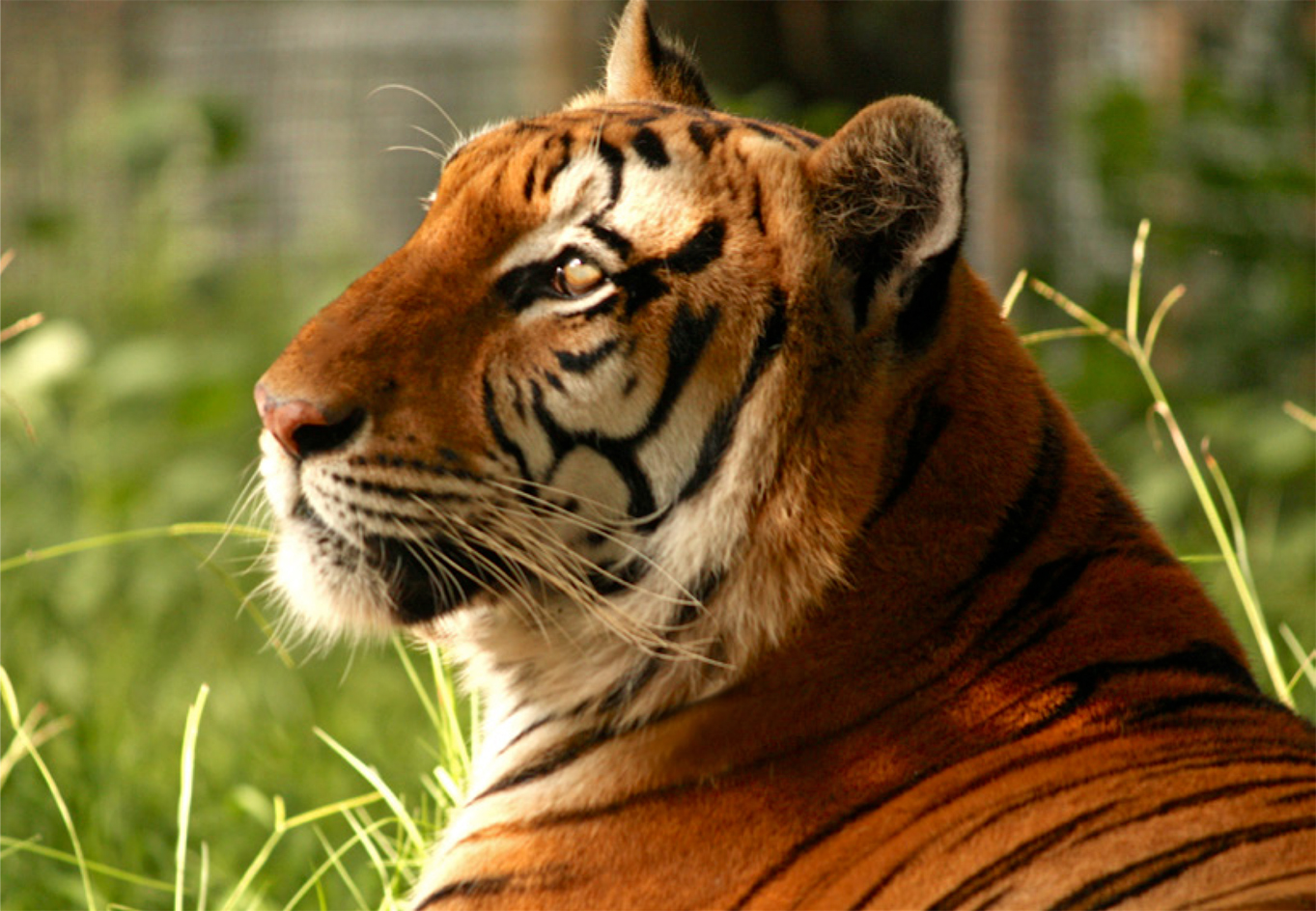Forest Animal Rescue rehabilitates wild animals that have been injured or orphaned with a goal of returning them to the wild.
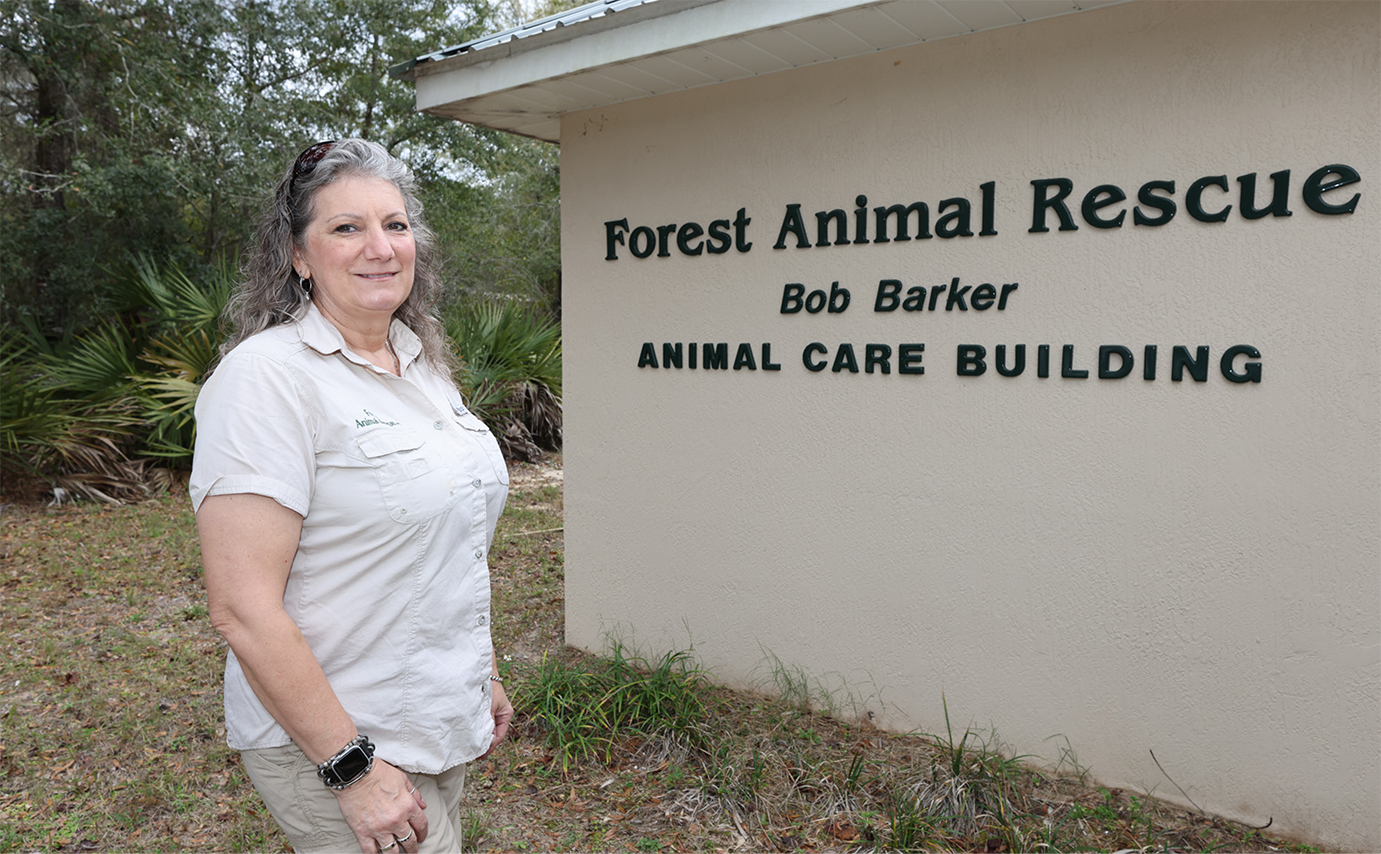
Avonaco was at death’s door when a biologist found him in a sugar cane field in Louisiana, trying to eat the stubble left after the cane had been harvested. The year-old orphaned bear cub was starving, weighed barely 15 pounds and was suffering from pneumonia and multiple badly infected wounds. The biologist walked up to the cub and instead of trying to escape, it crouched down and cried.
Avonaco’s rescuers reached out to the nonprofit Forest Animal Rescue (FAR) in Silver Springs and co-founders Lisa and Kurt Stoner drove halfway to Louisiana to pick up the cub and bring him back to the sanctuary. Avonaco (Cheyenne for “little bear”) was placed in a “human-free” zone and soon started to thrive. Another orphaned cub soon joined Avonaco and together they received the care necessary for them to recover enough to be returned to their habitat in Louisiana.
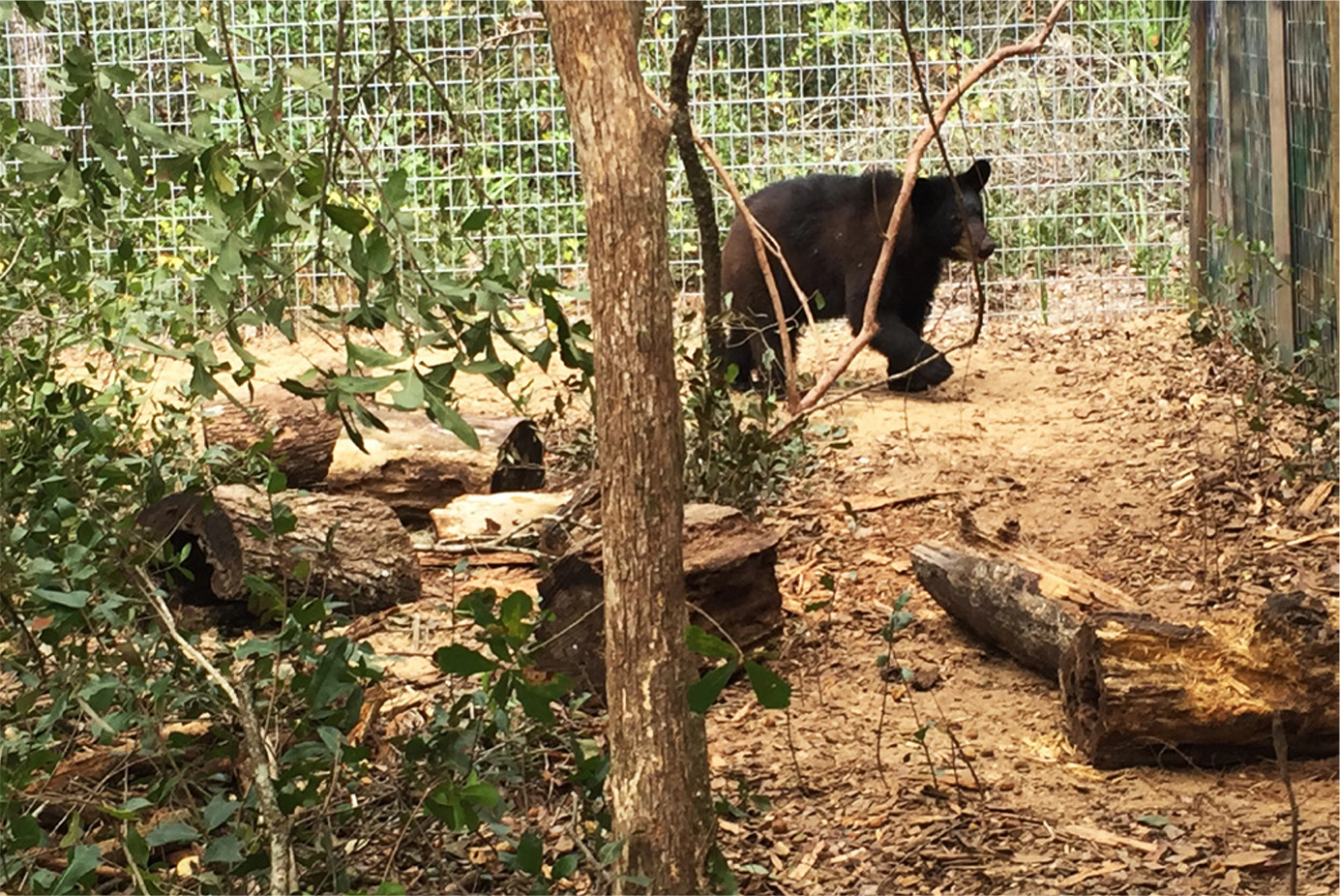
The Stoners founded FAR, formerly known as Peace River Refuge and Ranch, in 1998 in south Florida with the mission of “meeting the needs of wild animals in dire situations.”
“We are dedicated to ensuring that wild animals receive the respect they deserve,” Lisa Stoner says. “Wild animals are impacted by humans in many ways, and it is very seldom a positive outcome. We strive to change that.”
FAR is the culmination of a life’s work for the couple, both of whom have extensive backgrounds in caring for wild animals.
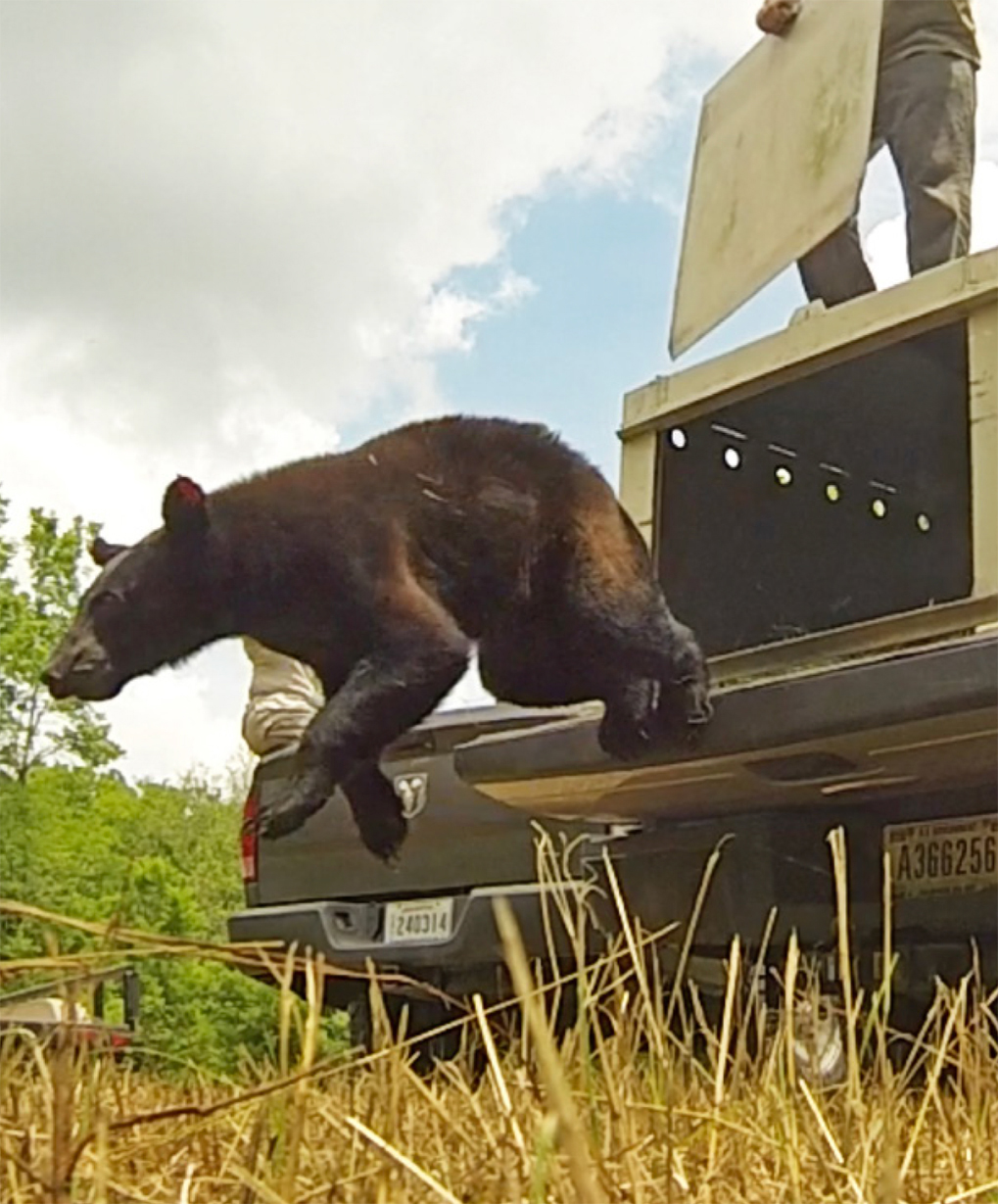
As affectionate as they are about all the animals they help, including Avonaco, they would not be rehabilitating wild animals today if not for Zulu. The 25-pound orange tiger cub was slated to be killed by his breeders because he lacked the pure white coat they wanted. When the cub was injured after being kicked by a horse, the Stoners qualified for a permit and took him into their home. With two children, however, they quickly realized that Zulu needed a much larger territory than their spare bedroom. They sold their home and purchased 70 acres to create a sanctuary for Zulu and other animals.
The 501(c)(3) relocated to Marion County in 2013 and no two days there are ever alike, Stoner says.
“Activities range from fielding calls for animals in need and networking to find the closest person to help to releasing animals that are rehabilitated by other facilities on our protected land to cutting trees and maintaining the wild native landscape on properties we own,” she explains.
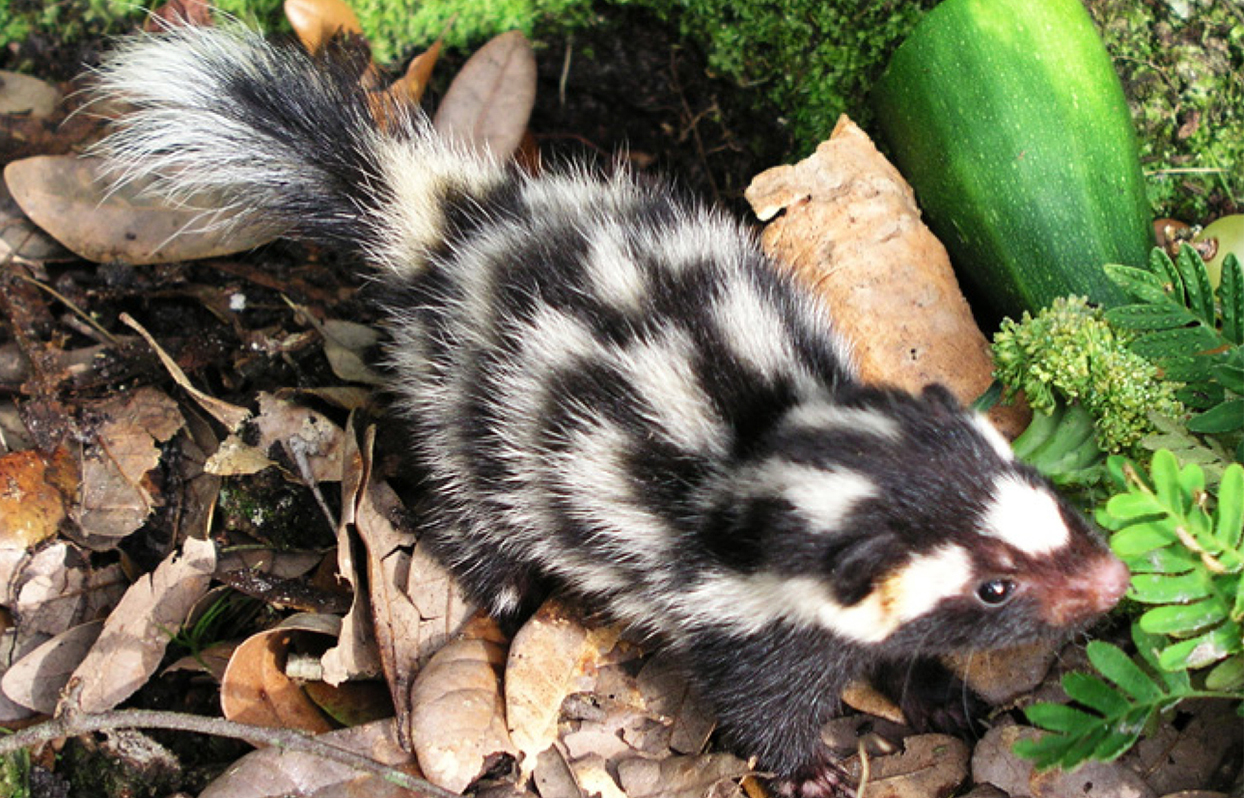
FAR works with the State of Florida and other states to rehabilitate and care for black bear cubs, being careful to avoid human exposure so the animals can be transferred back into the wild. The rescue stands in the steadily widening gap between decreasing habitat and rehabilitated wildlife. Wildlife rehabilitators strive to take care of injured or orphaned animals and then return them to their original habitat. Due to increasing development, however, the habitat where the animals were recovered from may no longer be a viable drop-off location.
“We work with wildlife rehabilitators throughout the state to provide safe, protected release sites for rehabilitated native animals that cannot go back where they came from,” Stoner says.
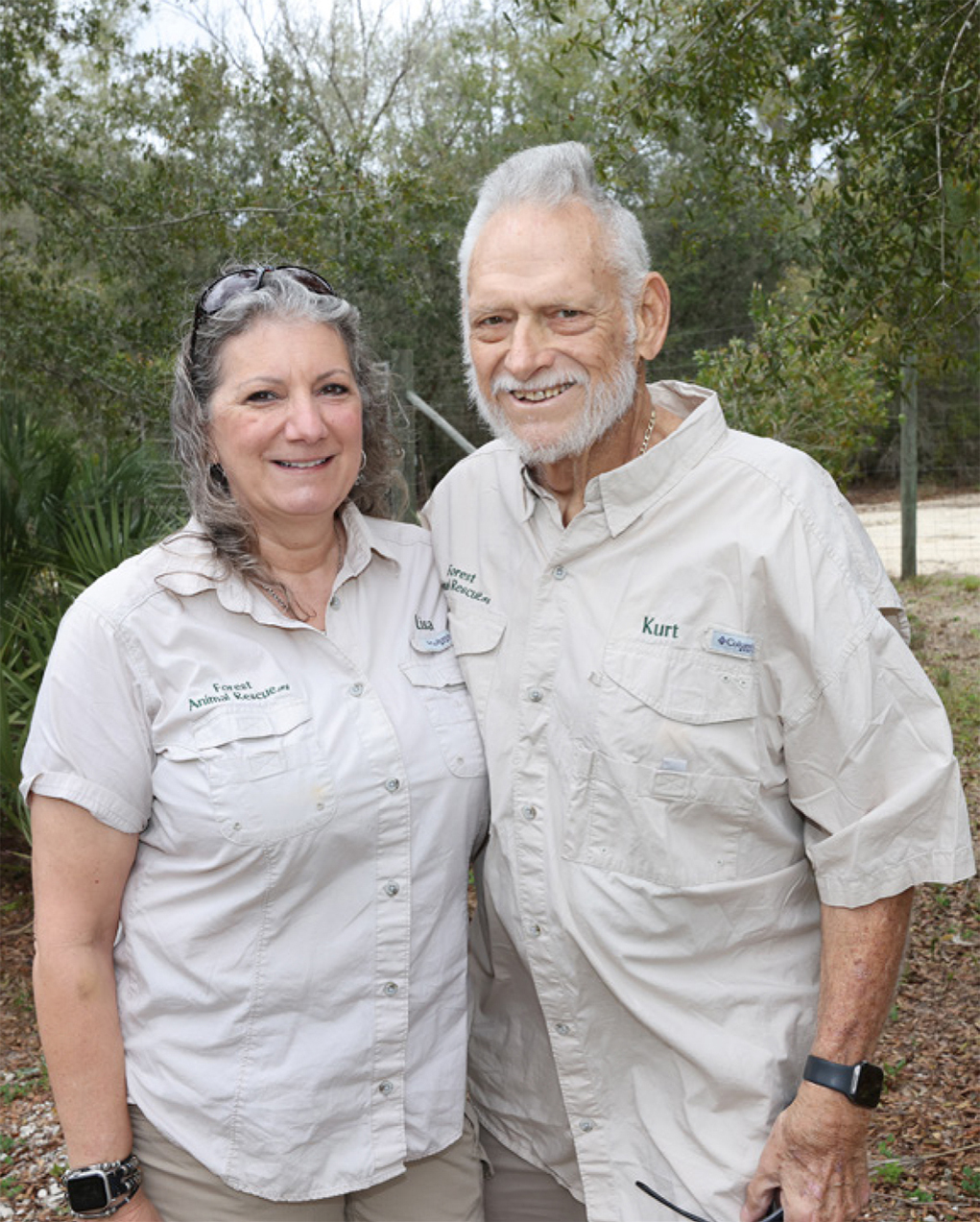
Animals cannot be released on public land, so FAR “purchases tracts of land adjoining other large, protected areas of habitat where we can restore and protect the habitat for release of animals that need a place to go,” she adds.
“We are narrowing our focus to native wildlife and networking to assist captive wildlife,” Stoner outlines. “We no longer provide lifetime care to non-releasable animals at the sanctuary site since the demand for that program slowed. Since we are focused on releasable wildlife, we no longer allow public tours because the animals must remain wild and afraid of humans. Our volunteer programs will be shifting to habitat conservation efforts, since that is needed most.”
Forest Animal Rescue receives funding through online and mail donations and through a few small foundation grants. It does not receive government funding, even when assisting government relocation of animals.
“Our largest project this year,” Stoner says, “is the habitat restoration and management on a new 20-acre parcel we purchased that adjoins the Ocala National Forest in Silver Springs. We are looking forward to the beginning of our multiyear plan for the restoration of this land to support as much native wildlife as possible.”
And, she adds, “In our many years of operation, we have witnessed a steady increase in awareness of the plight that wild animals face in captivity and an understanding of how humans impact the native wildlife around us. We are excited to see that trend.”
To learn more, go to forestanimalrescue.org and find them on Facebook.
